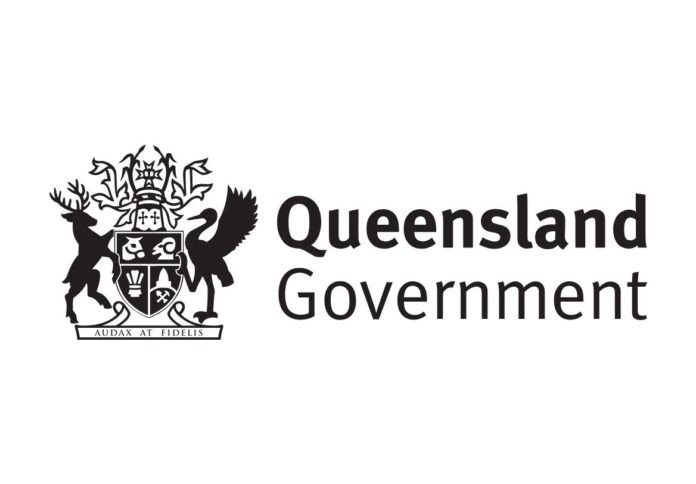
Premier Steven Miles has unveiled a $179 million investment to propel the next stages of Queensland’s flourishing local network-connected batteries program.
The funding, drawn from the Queensland Renewable Energy and Hydrogen Jobs Fund, is earmarked for the installation of 12 new local network-connected batteries strategically positioned across the state.
The ambitious package also includes provisions for the deployment of two cutting-edge flow batteries from Queensland manufacturers, the government said in a media statement.
Additionally, it will serve as a proving ground for technology, paving the way for the integration of flow batteries in future energy storage programs.
The success of stage one, which saw the construction of five network-connected batteries in Bundaberg, Hervey Bay, Toowoomba, Townsville, and Yeppoon, laid the foundation for the ongoing stages, according to the government.
Currently, stage two is in progress, with the construction of 12 batteries in various locations, including Cairns, Mackay, Gladstone, and Bribie Island.
Stage three of the program is set to deliver an additional 12 batteries, each boasting a capacity of 4MW/8MWh.
Energy Queensland is actively scouting locations for these installations, considering areas such as Mooloolaba, Runaway Bay, and Toowoomba, among others.
Looking ahead to stage four, the program will venture into uncharted territory with the trial of two flow batteries.
Potential sites for this groundbreaking initiative are being explored in Burrum Heads and Ipswich.
With stages three and four in the pipeline, Energy Queensland’s battery fleet is poised to expand to a total of 29.
Premier Steven Miles expressed that Queenslanders, renowned for their leadership in rooftop solar, have the highest rate of rooftop solar in Australia.
According to him, the battery program is integral to achieving the state’s goals of 70% renewable energy by 2030 and Net Zero Emissions by 2050.
“Additionally, flow battery development is an opportunity for Queensland battery manufacturers – supporting good jobs, training and supply chains right around the state,” Premier Miles noted.
Energy Minister Mick de Brenni stated that the batteries would alleviate peak demand periods, leading to a reduction in electricity prices for households and businesses.
“Investing in batteries helps build the clean energy supply chain, creating business opportunities and jobs for Queenslanders,” he stressed.
According to Peter Price, Energy Queensland’s Chief Engineer, stage one of the program witnessed the construction of five local network-connected batteries, with stage two currently underway to add another 12 batteries.
Price explained that stage three will build upon lessons learned from previous sites, ensuring continuous program improvements.
He also expressed excitement about stage four, which will explore the suitability of two batteries as an alternative to lithium batteries, potentially kickstarting a local battery industry.
“With these battery projects we’re aiming for a win-win-win scenario that achieves the energy trifecta for communities throughout the state – affordability, security and sustainability,” Price concluded.



















